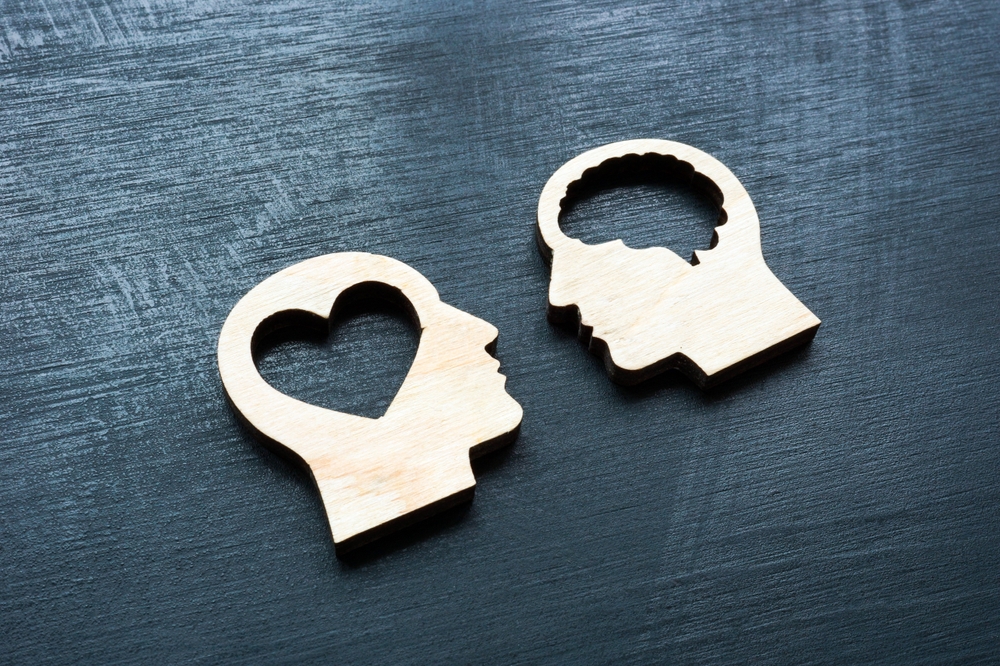Unveiling the Connection Between Emotional Intelligence and Overall Health
Modern society is currently witnessing a growing interest in emotional intelligence (EI) as a vital factor that influences our overall health. Unlike the traditional understanding of health which heavily focuses on the physical aspect, there is now a strong case for the role of emotional health in our wellbeing. How does this relatively new concept integrate into the broader health landscape? Let's explore.

A Glimpse into the Emergence of Emotional Intelligence
The term “Emotional Intelligence” was first coined by psychologists Peter Salovey and John D. Mayer in the 1990s. They described it as the ability to recognize, understand, and manage our own emotions and the emotions of others. Daniel Goleman, a renowned psychologist and science journalist, further popularized the concept in his 1995 book “Emotional Intelligence - Why It Can Matter More Than IQ”. Goleman proposed that EI could have significant implications for our personal and professional lives.
Emotional Intelligence and Health: A Growing Body of Research
Research shows that there is a direct correlation between emotional intelligence and health outcomes. High levels of EI are associated with better mental health, reduced risk of chronic diseases, and improved quality of life. For instance, a 2017 study published in the Journal of Health Psychology found that individuals with higher emotional intelligence had lower levels of perceived stress and inflammation, key markers of chronic disease.
Diving Deeper: Understanding the Impact of EI on Health
Emotional Intelligence affects health through several pathways. Firstly, it helps in stress management. People with high EI can identify and regulate their emotions effectively, allowing them to cope better with stressors. Secondly, it promotes healthier behaviors. Those with high EI are more likely to engage in physical activity, maintain a balanced diet, and avoid harmful habits like smoking. Lastly, EI fosters better relationships, which are essential for mental and emotional wellbeing.
Practical Steps to Boost Emotional Intelligence
- Practice mindfulness: Mindfulness helps enhance self-awareness, a key component of EI. It enables us to recognize our emotions as they occur and respond to them appropriately.
- Cultivate empathy: Try to understand and share the feelings of others. This not only improves interpersonal relationships but also enhances self-regulation.
- Seek feedback: Regularly asking for feedback can help us understand how our emotions and actions affect others, further developing our EI.
- Learn stress management techniques: Techniques such as deep breathing, yoga, and meditation can help manage stress, a crucial aspect of emotional intelligence.
Wrapping Up: The Power of Emotional Intelligence
In conclusion, emotional intelligence is a crucial determinant of overall health. It impacts various aspects of our wellbeing, from stress management to lifestyle behaviors and interpersonal relationships. By investing in developing our emotional intelligence, we can significantly improve our health and quality of life. As we continue to understand the intricate links between our emotions and health, the importance of emotional intelligence becomes increasingly apparent.





